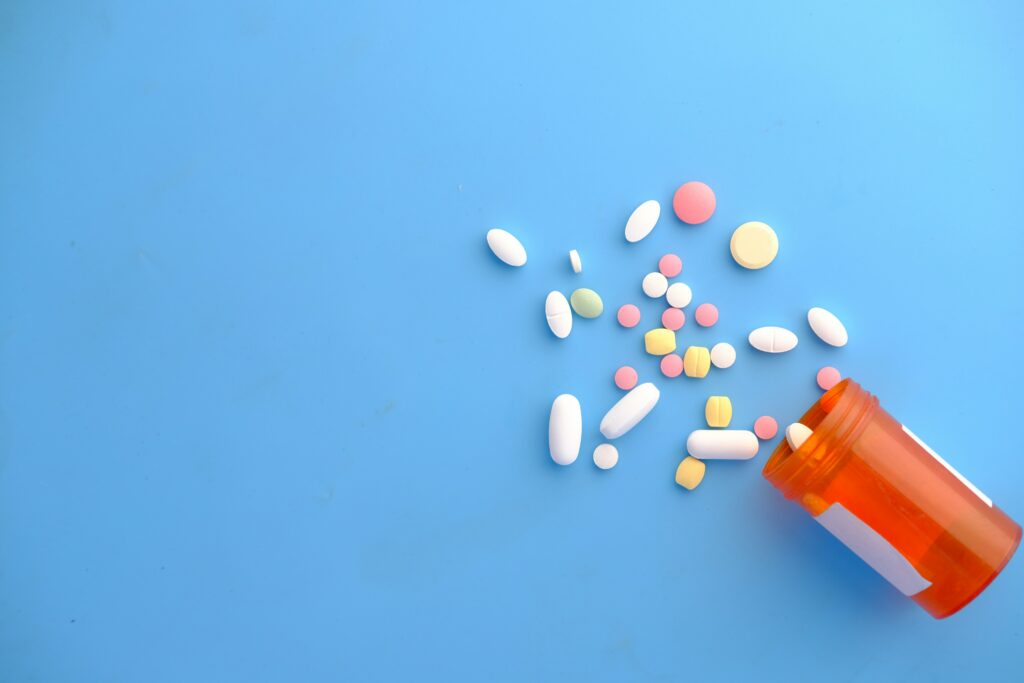A new study in the United States has found that children aged four and five diagnosed with attention-deficit/hyperactivity disorder (ADHD) are often prescribed medication far sooner than guidelines recommend. Official guidance advises that young children should first undergo six months of behavioural therapy before starting drugs such as Ritalin or Concerta.
The analysis, published in JAMA Network Open, included more than 9,700 children and revealed that 42.2% were prescribed medication within one month of diagnosis, while only 14.1% received it after six months or more. Dr Yair Bannett, the lead author and assistant professor of paediatrics at Stanford University, described the practice as “concerning,” noting that behavioural therapy has significant benefits for both children and families.
ADHD affects an estimated 11.4% of US children aged three to 17 and can lead to distraction, forgetfulness, high energy levels, restlessness, and difficulties in school. Early detection and treatment are critical to supporting children’s academic performance and long-term development.
While most children benefit from a combination of therapy and medication, researchers noted that limited access to behavioural interventions may drive early reliance on drugs. Medications are generally safe for young children, but side effects such as irritability and aggression often lead parents to discontinue use.
The study also highlighted differences between regions, with children in North America being more likely to receive ADHD medication than their European peers. The authors stressed that medication should not be viewed as the sole solution and called for greater emphasis on behavioural therapy in early treatment.


